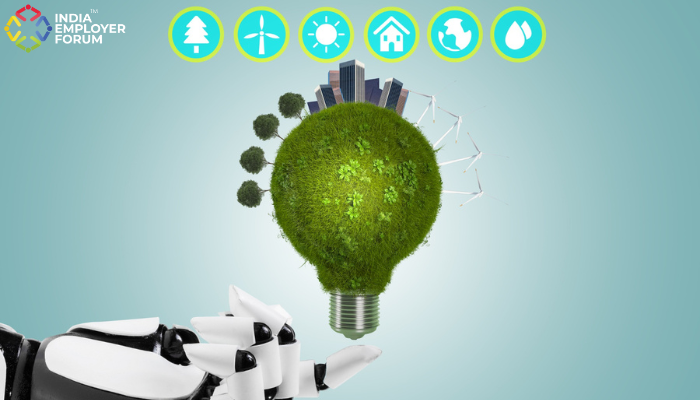In the face of escalating climate concerns and the urgent need to mitigate environmental degradation, the world is witnessing a paradigm shift towards a green economy. Sustainable practices, coupled with ambitious carbon-zero goals, have become imperative for businesses across sectors. At the forefront of this transformative movement are electric vehicles (EVs), heralding a cleaner and more efficient mode of transportation.
The concept of a green economy encapsulates a holistic approach towards sustainable development, wherein economic growth is achieved in harmony with environmental protection and social equity. This entails transitioning from fossil fuel-dependent industries to renewable energy sources, implementing eco-friendly manufacturing processes, and fostering innovation in clean technologies.
One of the key pillars of the green economy is the widespread adoption of Evs. EVs offer a promising solution to the pressing issues of air pollution and greenhouse gas emissions associated with traditional internal combustion engine vehicles. By leveraging advancements in battery technology and infrastructure development, EV manufacturers are striving to make electric mobility accessible and convenient for consumers worldwide.
Governments and businesses alike are setting ambitious targets to achieve carbon neutrality, aiming to balance the emissions produced with equivalent reductions or removals of greenhouse gases from the atmosphere. These goals necessitate collaborative efforts across sectors, with investments in renewable energy, energy efficiency, and sustainable practices becoming paramount.
The transition to a green economy is not without its challenges. It requires substantial investments in research and development, infrastructure upgrades, and policy frameworks conducive to sustainability. Additionally, there may be resistance from entrenched interests in traditional industries, necessitating a concerted effort to overcome barriers to change.
However, the benefits of embracing a green economy far outweigh the challenges. Beyond mitigating the impacts of climate change, sustainable practices can lead to cost savings, enhanced resilience to resource scarcity, and new opportunities for innovation and job creation. Furthermore, businesses that prioritise sustainability often enjoy improved brand reputation and consumer loyalty, driving long-term value creation.
As stakeholders across the public and private sectors recognize the imperative of transitioning towards a greener economy, collaborative initiatives are emerging to accelerate progress towards carbon-zero goals. From renewable energy projects to electric vehicle incentives, these efforts are instrumental in shaping a more sustainable future for generations to come.
In conclusion, the pursuit of a green economy, sustainability, and carbon-zero goals represents a collective endeavour towards safeguarding our planet for future generations. By embracing innovation, collaboration, and responsible stewardship of resources, businesses can play a pivotal role in driving this transformative agenda forward. Together, we can build a more resilient, equitable, and prosperous world, where economic prosperity thrives in harmony with environmental sustainability.
References:
- How these emerging economies are shifting towards a low-carbon future | World Economic Forum | Nov 2023
- How carbon emissions can also be used to achieve green goals | Economic Times | Aug 2023
- Six ways that governments can drive the green transition | EY | May 2022
You might also be interested to read: India’s Manufacturing Journey: Embracing the China Plus One Strategy for Growth






